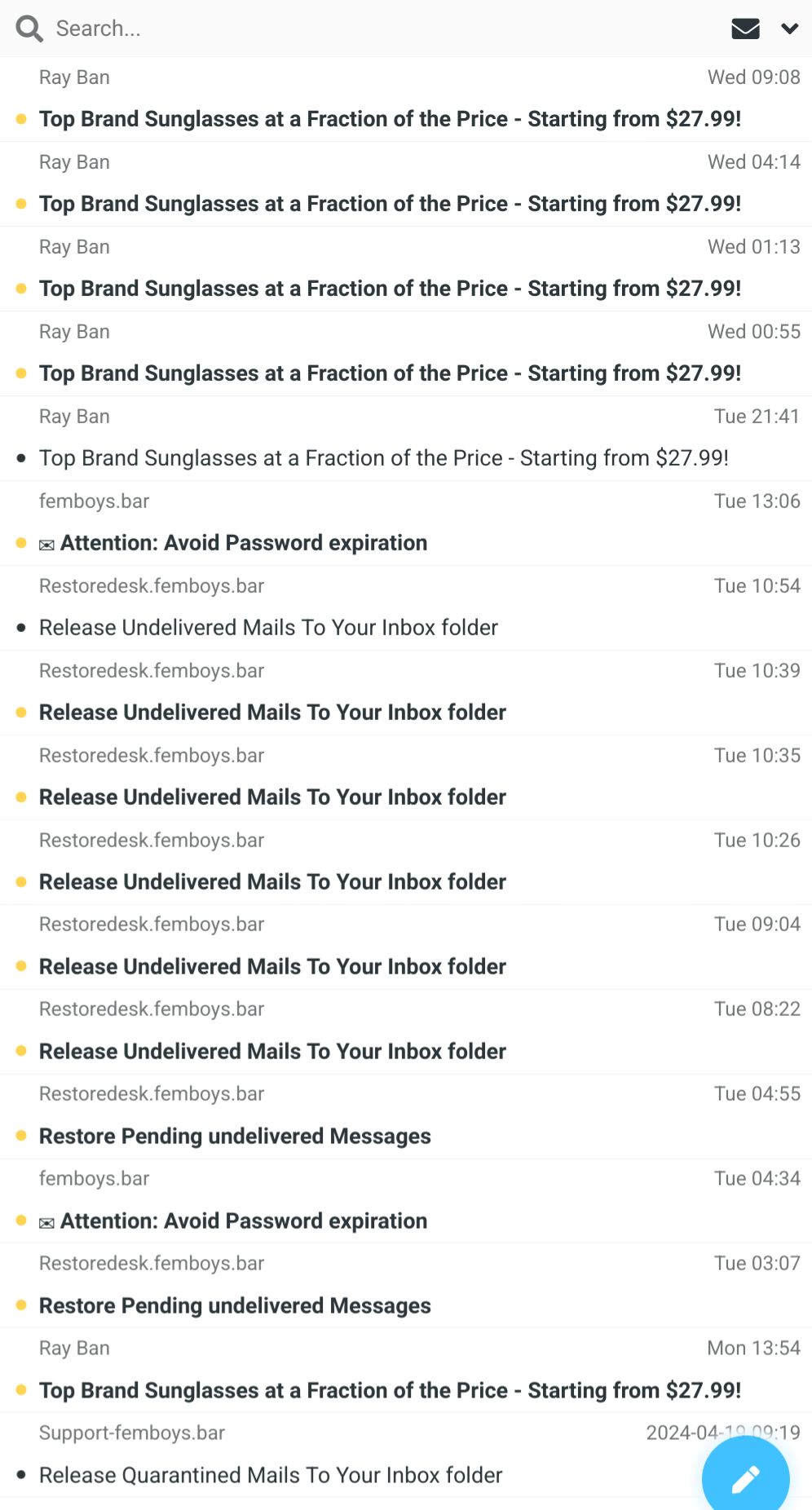If you only need a bare minimum, and don't plan to heavily use CI/CD, container/packages registries, integrations with other tools i would go with gitea/forgejo (you can always use external tools on top), else i would use selfhosted Gitlab, it has pretty much all the things you could imagine to need with software development and deployment
moira
It doesn't matter that website loads javascript code for logged in user, as you need a token (which server will give you after a successful login) to authenticate to apis, it is pretty common to do that way
There wasn't a client side API, but the API was missing crucial validation of user input (eg only checking the mac address but didn't check who is actually authenticated)
I'm experiencing a similar issue on my phone and I'm using ublock, it is draining the battery very fast and making the phone hot.
I wonder if there is a good alternative/degoogled chrome for Android?
thankfully that is a special mailbox for spam, I sometimes like to come through the emails and see where they submit the data, and maybe submit some data on my own, plus report the issue to website owner/hosting
it depends on your email provider/server, search under term "catch-all" or alias. I'm using a self hosted email on hestiacp, which have a option under domain email settings
At my instance I did setup a email wildcard (receive emails from any address on that domain which don't already have a account) and I get a lot of phishing and scam emails, most of them are send "to" /c/meta@femboys.bar, as link to this community is linked in sidebar, but I also seen emails "send to" random usernames

So yeah, It is happening, i wonder how bad it is on larger instances
you can play on multiplayer just fine, as long as server have enabled offline-mode
For minecraft you can just use a offline mode in pretty much every 3rd party launcher, like SKLauncher
Thank you about mentioning Wintile! I was wondering today if there is a way to do 2x2 tiling on gnome
i miss old plex (~2016), when it was actually focused on providing local content, good thing jellyfin exist
I doubt it was a real wallet - most likely it was just a scam exchange that would prompt you to send cryptocurrency "for verification" before you could try to withdraw them.
The idea was already exploited on prnt.sc, where it is possible to try bruteforce screenshot ID and find other users public screenshots - https://splashdot.github.io/scam1/

Suzy-Q cable is used to low-level interact with newer chromebooks firmware, you can for example disable firmware write protection (previously it was done with a screw), debug hardware and unbrick chromebook
you can read on it a bit more in official Google docs: https://chromium.googlesource.com/chromiumos/third_party/hdctools/+/HEAD/docs/ccd.md